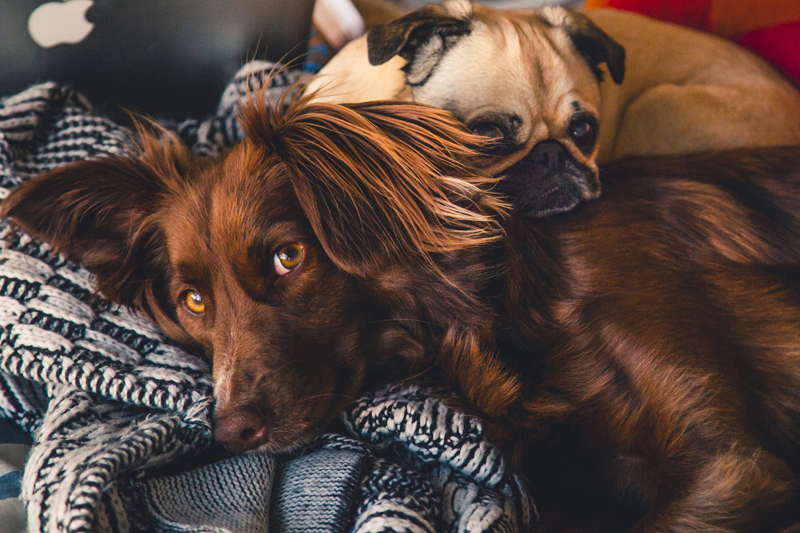United States Cattle Rejected

America's questionable animal welfare ethics continues on a downward spiral as international markets shun the importation of beef. The European Economic Community (EEC) originally placed a ban on hormone treated meat from America in 1989. In September 2012, Russia imposed a similar ban when cattle shipments received were filled with maltreated, diseased cows.
The Minister of Agriculture for the Russian Federation received a call from their Veterinary and Phytosanitary division (FSVPS) that cargo ships full of cattle from the United States had arrived containing dead, dying, and infectious cows. The cows that were severely ill and near death were immediately terminated and the few that remained were sent back to the United States, but never arrived stateside. FSVPS filed an official complaint and demanded the history of the cows from United States officials. However, America was unwilling to provide Russia with any details, which forced Russia to impose a ban on importing cattle from the United States. This seems to be a running theme for America's number one agricultural industry.
In 2008, Mexico rejected cattle from America. When Mexican health officials tested the cows, it was determined that they carried toxic levels of copper in their systems. The cows were returned to the United States where they were slaughtered and the meat was legally sold to American citizens. Many are unaware that the United States Environmental Protection Agency (EPA) and Food and Drug Administration (FDA) do not have restricted hazard limits of exposure for cattle to pesticides, synthetic hormones, antibiotics, and metals, regardless of the purported market quality. Further, because of the financial backing received from Monsanto the Farm Bill that passed in June 2012 encourages the use of genetically modified organisms (GMO) in animal feed, encourages the liberal use of synthetic bovine growth hormone (rBGH/rBST), and supports big agriculture over local organic farmers.
America's cattle are treated like laboratory experiments rather than sentient beings to support the country's largest growing industry, pharmaceuticals. Here again Monsanto, without coincidence, laid the groundwork with their spinoff company Pharmacia, which became a subsidiary of Pfizer pharmaceuticals. Here is the simple layout. Monsanto, the makers of chemical compounds like Agent Orange, provide GMO feed for animals and humans. It created and sold rBGH/rBST (commercially known as Posilac) as safe and effective for fattening cows. Then the company started a pharmaceutical branch to provide drug cures for the "unexplainable" rise in human ailments. This suggests that the corporate and national viewpoint is that a sick society is more profitable than a healthy one and sanctioned animal abuse is nothing more than a means to an end. Most nations reject this outlook and consider this mentality irresponsible for providing proper care to its animals and citizens.
Organizations like the Animal Welfare Institute (AWI) and Compassion in World Farming (CIWF) bring focus to how cruel and costly the international livestock trade has become. Since America is loath to provide full disclosure and set toxicity level mandates, these humanitarian groups urge Russia to consider making its ban on importing American cattle a permanent reality.
The Minister of Agriculture for the Russian Federation received a call from their Veterinary and Phytosanitary division (FSVPS) that cargo ships full of cattle from the United States had arrived containing dead, dying, and infectious cows. The cows that were severely ill and near death were immediately terminated and the few that remained were sent back to the United States, but never arrived stateside. FSVPS filed an official complaint and demanded the history of the cows from United States officials. However, America was unwilling to provide Russia with any details, which forced Russia to impose a ban on importing cattle from the United States. This seems to be a running theme for America's number one agricultural industry.
In 2008, Mexico rejected cattle from America. When Mexican health officials tested the cows, it was determined that they carried toxic levels of copper in their systems. The cows were returned to the United States where they were slaughtered and the meat was legally sold to American citizens. Many are unaware that the United States Environmental Protection Agency (EPA) and Food and Drug Administration (FDA) do not have restricted hazard limits of exposure for cattle to pesticides, synthetic hormones, antibiotics, and metals, regardless of the purported market quality. Further, because of the financial backing received from Monsanto the Farm Bill that passed in June 2012 encourages the use of genetically modified organisms (GMO) in animal feed, encourages the liberal use of synthetic bovine growth hormone (rBGH/rBST), and supports big agriculture over local organic farmers.
America's cattle are treated like laboratory experiments rather than sentient beings to support the country's largest growing industry, pharmaceuticals. Here again Monsanto, without coincidence, laid the groundwork with their spinoff company Pharmacia, which became a subsidiary of Pfizer pharmaceuticals. Here is the simple layout. Monsanto, the makers of chemical compounds like Agent Orange, provide GMO feed for animals and humans. It created and sold rBGH/rBST (commercially known as Posilac) as safe and effective for fattening cows. Then the company started a pharmaceutical branch to provide drug cures for the "unexplainable" rise in human ailments. This suggests that the corporate and national viewpoint is that a sick society is more profitable than a healthy one and sanctioned animal abuse is nothing more than a means to an end. Most nations reject this outlook and consider this mentality irresponsible for providing proper care to its animals and citizens.
Organizations like the Animal Welfare Institute (AWI) and Compassion in World Farming (CIWF) bring focus to how cruel and costly the international livestock trade has become. Since America is loath to provide full disclosure and set toxicity level mandates, these humanitarian groups urge Russia to consider making its ban on importing American cattle a permanent reality.
You Should Also Read:
Animal Welfare, Human Health, and Chemical Abuse
Pet Food Safety

Related Articles
Editor's Picks Articles
Top Ten Articles
Previous Features
Site Map
Follow @WildlifeWelfare
Tweet
Content copyright © 2023 by Deb Duxbury. All rights reserved.
This content was written by Deb Duxbury. If you wish to use this content in any manner, you need written permission. Contact Deb Duxbury for details.







